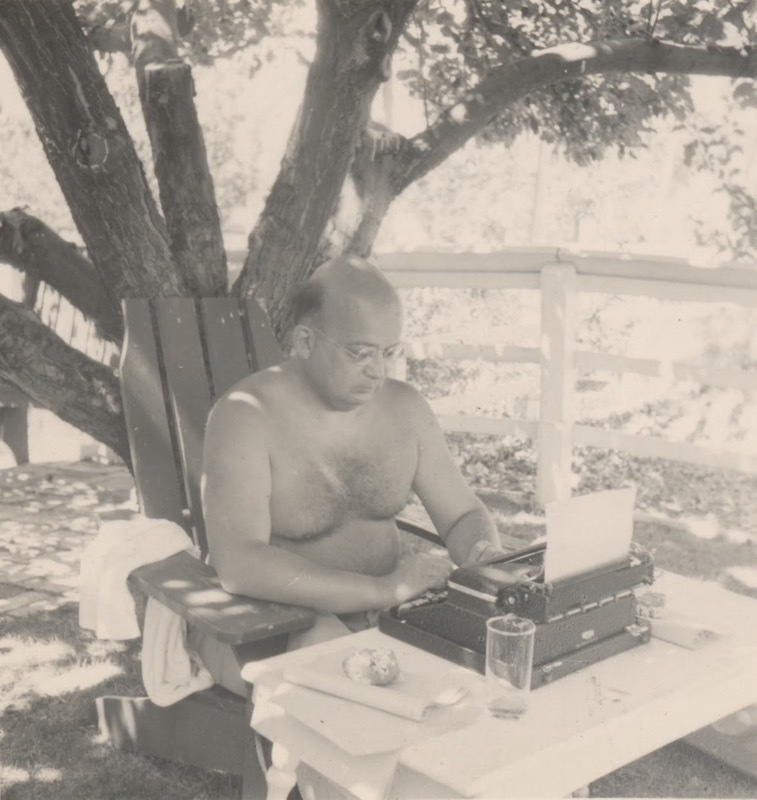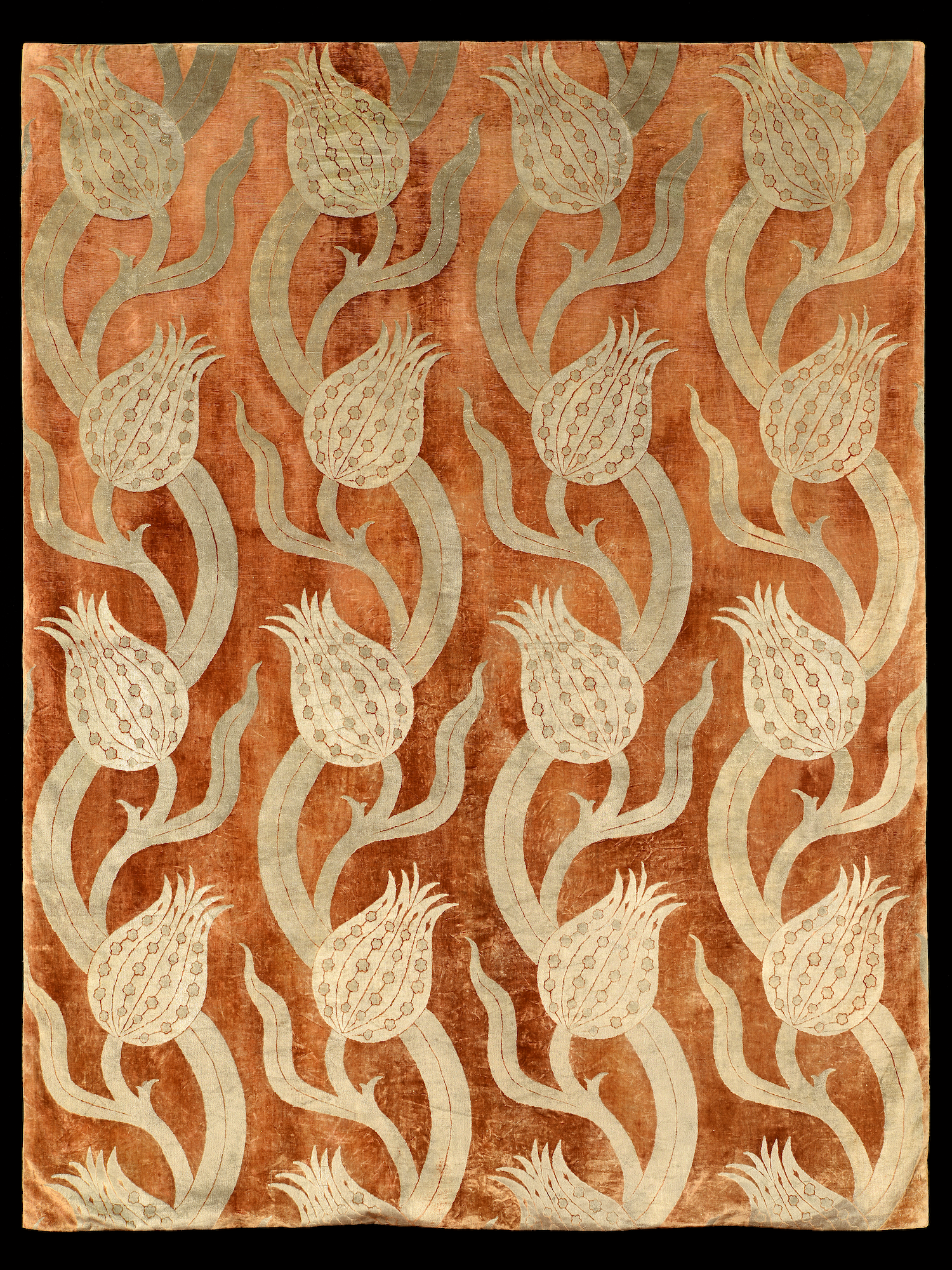Great to see this from my friend Sara Hendren AKA @ablerism — I’ve seen it and it’s both fascinating and moving.

I wrote about stumbling over a word in a Japanese movie.
Ta Hio: The Great Learning, translated by Ezra Pound (1928):
If the rulers of states think only of amassing riches, they will be surrounded, surrounded ineluctably, by mean men, and the depraved. And these mean men will make the ruler think they are great ministers, and the depraved men will manage the state, and moreover calamities will descend out of heaven, and vengeance rise from the people. And if, when things have come to such pass, there be a just man come to rule, he will be helpless against the evil; for private gain is not prosperity, and equity is the treasure of states.
On my recent trip to Illinois I continued to experiment (mostly ineptly) with film photography.



Among the American journalists who covered the Second World War, the best writer was A. J. Liebling. Here is he describing his efforts to get to the airport to take a flight to Lisbon:
At that period — it sounds like talking about stagecoach days — the Clippers still left from a yacht-club setting at Port Washington, Long Island. A friend of mine named Fred Schwed … had asked to drive me out to my plane in the early morning. Passengers were supposed to be at the plane with their luggage at eight o'clock. Schwed picked me up at an hour I never had experienced while sober, at the door of the house where I was living, and headed in what I took to be the direction of Long Island because the sun was rising over it. He drove me over one bridge, which was all right, and then around a wild farming country, in which I distinctly saw a hen and on another occasion what I took to be a cow — in one jump more I figured he would have me among the coyotes and Republicans — and then over another bridge, which was all wrong because it landed us in Westchester County. By then I had only an hour or so to catch the plane, so I began to curse, which I do well. The secret of good cursing lies in cadence, emphasis, and antiphony. The basic themes are always the same. Conscious striving after variety is not to be encouraged, because it takes your mind off your cursing. By the time Schwed got me to the landing he felt what a proper swine he was for having gotten up early in the morning to take me to the plane, and if the experience had broken him of volunteering to do favors for people it would have been worth while.
And he’s Liebling, some time later, at work in rural France:

From the end of the Civil War to the beginning of World War II: 74 years
From the end of World War II to now: 80 years
would that it were so simple

Elizabeth Bruenig: “Christianity is about moving fast and breaking things, but not in the direction the tech Christians seem to have in mind.” ✝️
Molly Haskell first described the problem in 1975, in her classic study From Reverence to Rape: “Women, in the early and middle ages of film, dominated. It is only recently that men have come to monopolize the popularity polls, the credits, and the romantic spotlight … back in the twenties and thirties, and to a lesser extent the forties, women were at the center.” Haskell was writing in response to the New Hollywood movement — a brief, brilliant blip in movie history when major studios let young European-inspired directors make movies about anything they wanted. Most often, they wanted to make movies about themselves, or their alter egos — at any rate, about men. I’m not knocking it. The artist-driven approach produced many great films, which also happened to be overwhelmingly male. Hollywood has changed since then, but the balance has not changed with it. The ironic truth is that it was at the height of the studio system — the great American movie factory — when women ruled the screen.
🎥
The group examined the question: “What happens in your brain when you walk down the street?” and they concluded that urban environments are not pleasing to the human brain. The reason is the lack of fractals in modern architecture and spaces. Fractals are patterns that self-repeat at different scales, and they can be found all over nature in objects like trees, rivers, clouds and coastlines. […]
“As soon as we look at nature, it triggers a cascade of automatic responses,” Taylor explained. “Even before we’ve noticed what we’re looking at, we’re responding to it.” And the response is a positive one. Humans experience less stress and better well-being when looking at nature, and this is driven by fractals. Taylor’s research has found that fractals can reduce stress and mental fatigue for the observer by as much as 60 percent.
Taylor also points to research that showed hospitalized patients could heal faster when they had access to a window because looking outside, and at all of the natural fractals, helped patients relax their bodies and heal faster.
I wrote about authors and their handwriting.
Nah, they’re right. 100%.

Occasinally I re-post old essays and reviews of mine to my own site. Today I’ve posted my 2015 review of Adam Roberts’s extraordinary edition of Coleridge’s Biographia Literaria.
Phil Christman: “In a sufficiently torpid service — one in which the leaders are running on sheer willpower, as I often am simply in showing up — the ill-behaved kids can be the only sign of life. They are God’s simultaneous recognition of and dissent from our solemn boringness.”
Brad East says Christians are conspiracy theorists! Hmmm … I wonder who paid him to say that.

Last of the prairie photos. It was great to see dear friends and familiar places.


